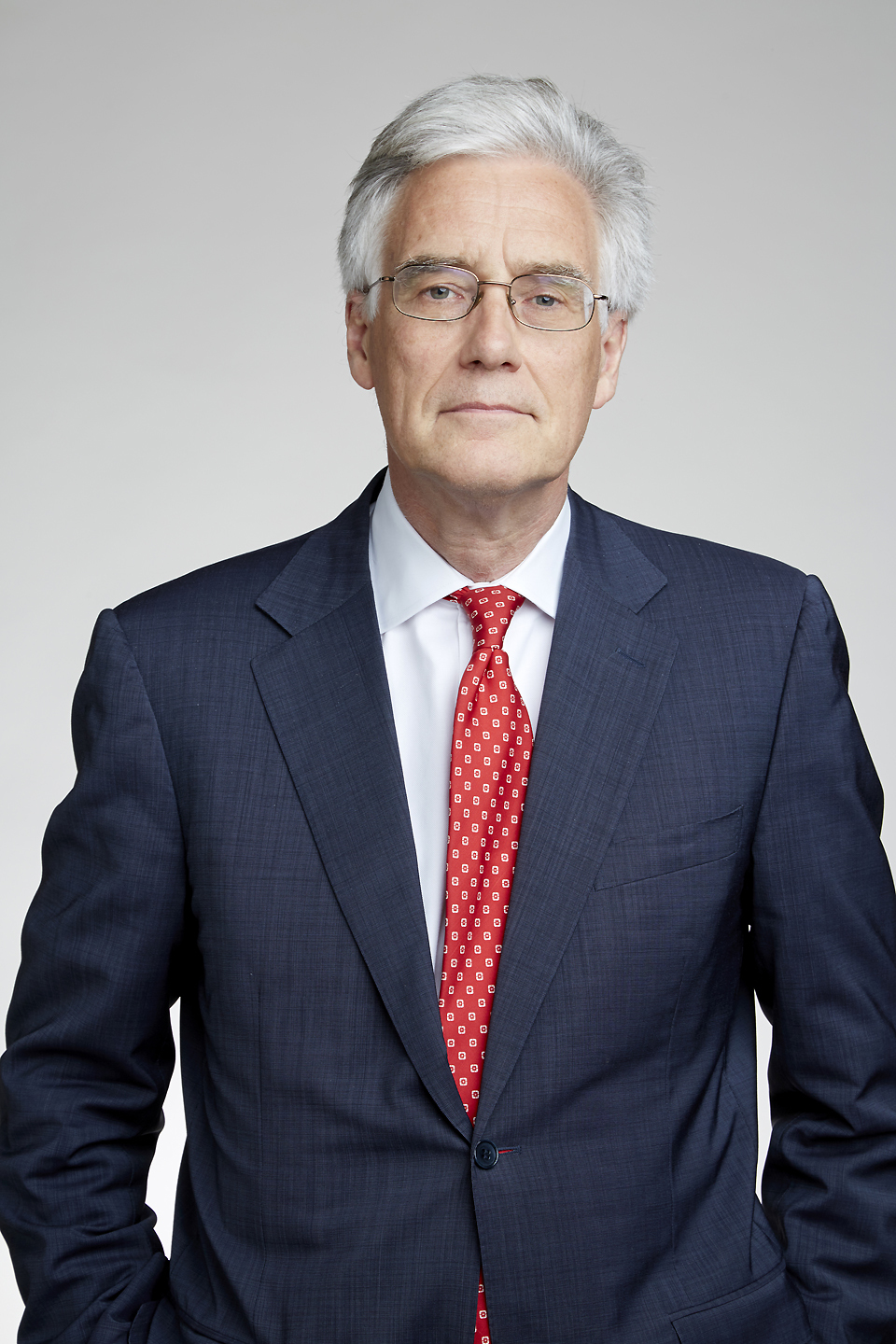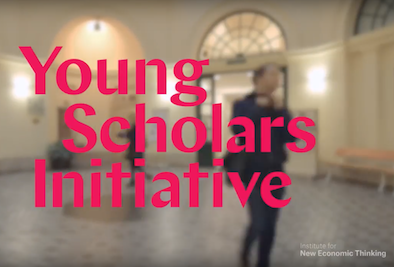Lord Turner chairs the Energy Transitions Commission, a global coalition of major power and industrial companies, investors, environmental NGOs and experts working out achievable pathways to limit global warming to well below 2˚C by 2040 while stimulating economic development and social progress.
He was chairman of the Institute for New Economic Thinking until January 2019, where he remains a Senior Fellow. He is Chairman of Chubb Europe and on the Advisory Board of Envision Energy, a Shanghai-based group focussed on renewable energy, batteries and digital systems.
From 2008-2013, Lord Turner chaired the UK’s Financial Services Authority, and played a leading role in the post crisis redesign of global banking and shadow banking regulation.
Lord Turner has held high profile roles in public policy: he was Director General of the Confederation of British Industry (1995-2000); chairman of the UK Low Pay Commission (2002-2006); chairman of the Pensions Commision (2003-2006); he was the first chairman of the Climate Change Committee (2008-2012) an independent body to advise the UK Government on tackling climate change. The recommendations set out in their first report “Building a low-carbon economy” were adopted in 2009.
He became a cross bench member of the House of Lords in 2006.
Amongst his business roles, Lord Turner was at McKinsey&Co (1982-1995); was Vice-Chairman of Merrill Lynch Europe (2000-2006) and a Non-Executive Director of a number of companies, including Standard Chartered plc (2006-2008).
He is Senior Fellow at the Centre for Financial Studies (Frankfurt) and a Visiting Fellow at the People’s Bank of China School of Finance, Tsinghua University (Beijing). He writes regularly for Project Syndicate, and has published “Between Debt and the Devil” (Princeton 2015), and Economics after the Crisis (MIT 2012).
He is a Trustee Emeritus of the British Museum, honorary fellow of The Royal Society, and received an Honorary Degree from Cambridge University in 2017.




